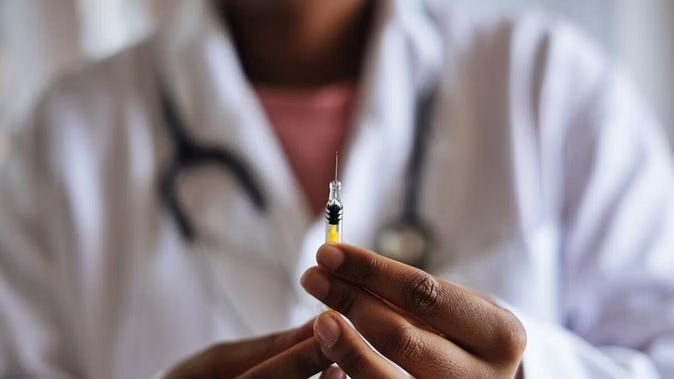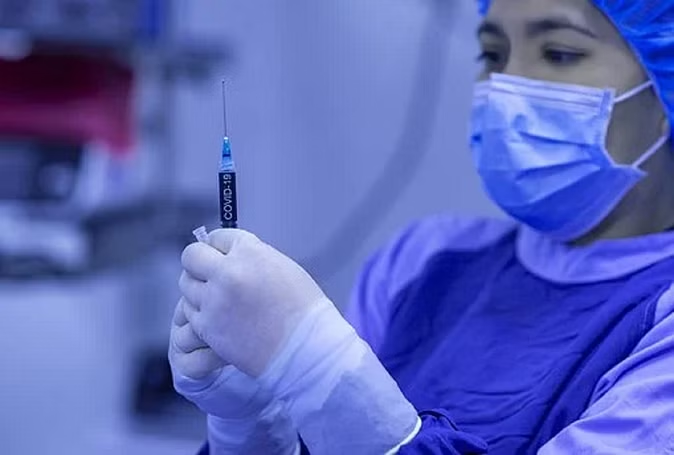Cancer is one of the leading causes of death globally. According to statistics, every year lakhs of people die due to various types of cancer. The most commonly reported cases are prostate and lung cancer in men, while breast and cervical cancer are the most commonly reported cases in women. In the last few years, significant progress has been made towards the treatment of cancer. Modern machines and effective medicines have made the treatment of cancer easier than before but due to the expensive treatment, it remains difficult for the common people.

Health experts say cancer is no longer an incurable disease, although how to prevent the disease from developing remains a difficult task.
Researchers are continuously studying cancer prevention. Scientists all over the world are working towards making a vaccine for this. Let us know when effective vaccines can be available for cancer prevention and what has been found in studies regarding their effectiveness.
Vaccine for intestinal cancer
According to media reports, British Indian doctor Tony Dhillon (53) has succeeded in creating the first vaccine to prevent and fight intestinal cancer. The first phase of the vaccine has been successful, and work on the second phase is ongoing. Experts have expressed hope that this vaccine can help protect from the risk of intestinal cancer worldwide.
According to media reports, Dr. Dhillon has been working on the vaccine with Professor Tim Price in Australia for the last five years. Dr Dhillon says, three doses of the vaccine will be given two weeks before the surgery to activate the immune system to fight the cancer. We believe that when patients go for the operation, there will not be much cancer left and in some people, it may even be completely gone.
Preparation for the second phase trial
The vaccine has been designed by Australian clinical-stage immuno-oncology company Immugene. Scientists said we are going for the second phase of trials. Forty-four patients at 10 centers in the UK and Australia will take part in the phase 2 trial, which is expected to last a year. The team said, this vaccine may also work in other cancers. In the further stages, we are planning to test it on other types of cancer.
Researchers say that if everything goes well, it may take two to three years for the vaccine to be launched in the market.
Vaccine for colon and pancreatic cancer
Along with the vaccine for intestinal cancer, work is also going on in many countries of the world to make vaccines for colon and pancreatic cancer. Scientists are reportedly working on a new vaccine that could help prevent the reemergence of colorectal and pancreatic cancers in high-risk people. This may be helpful for those who have previously undergone cancer treatment.

The findings, published in the journal Nature Medicine, are based on the AMPLIFY-201 trial. These vaccines target two genetic mutations of the KRAS gene that are known to cause cell division and cancer.
Indian vaccine for cervical cancer
A team of Indian scientists has also been successful in making a vaccine for cervical cancer. Serum Institute of India has prepared the country's first cervical cancer vaccine. Researchers say that giving cervical cancer vaccine to girls aged 9 to 14 years can help reduce the risk of this serious type of cancer.
According to reports, many research institutes around the world are working on making vaccines for various types of cancer. Work is also being done to develop vaccines to prevent and combat the development of prostate, ovary, melanoma, and gastric cancer. However, scientists believe that it may take another decade for an effective vaccine to prevent cancer.
(PC: ISTOCK)










